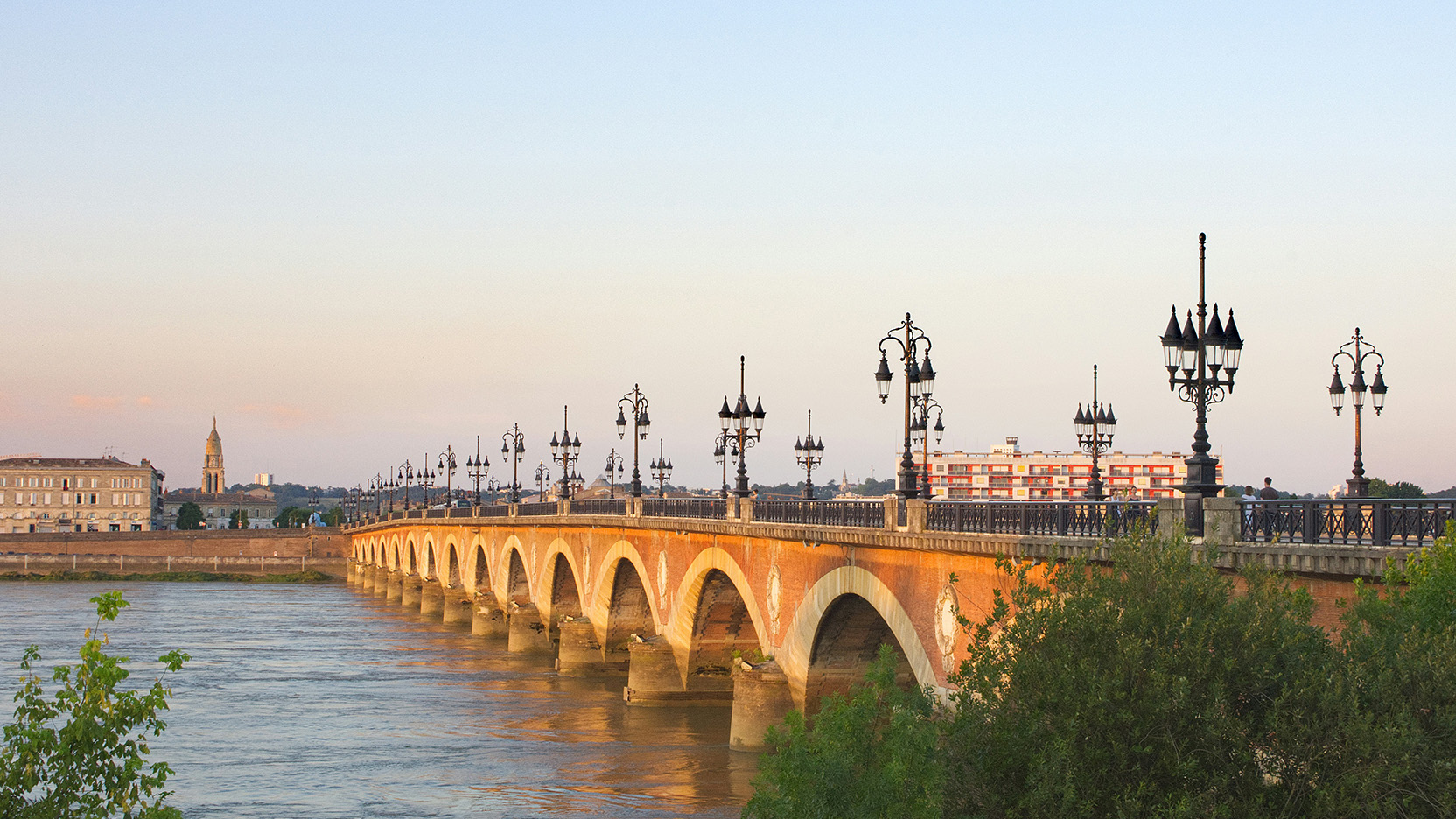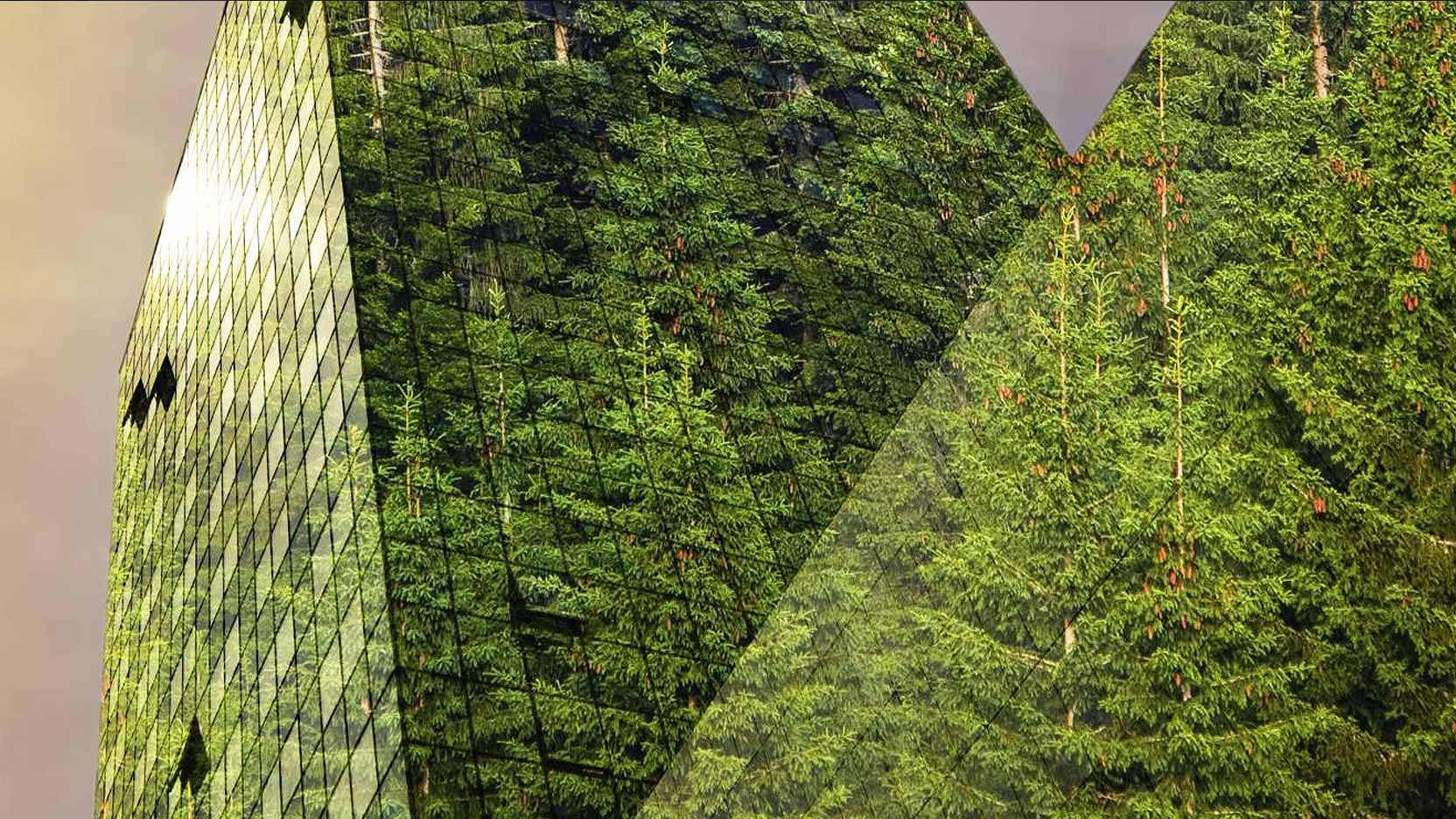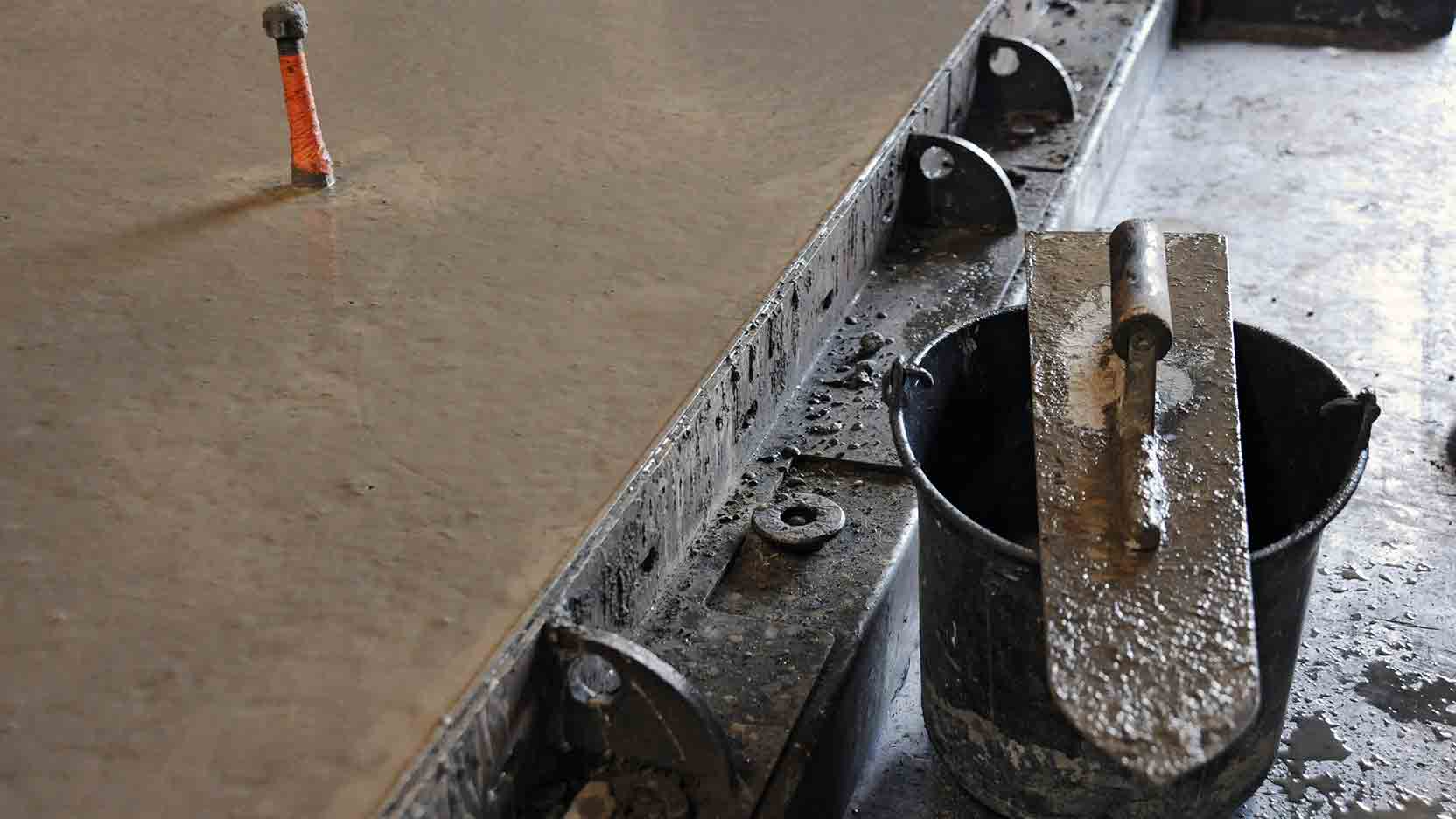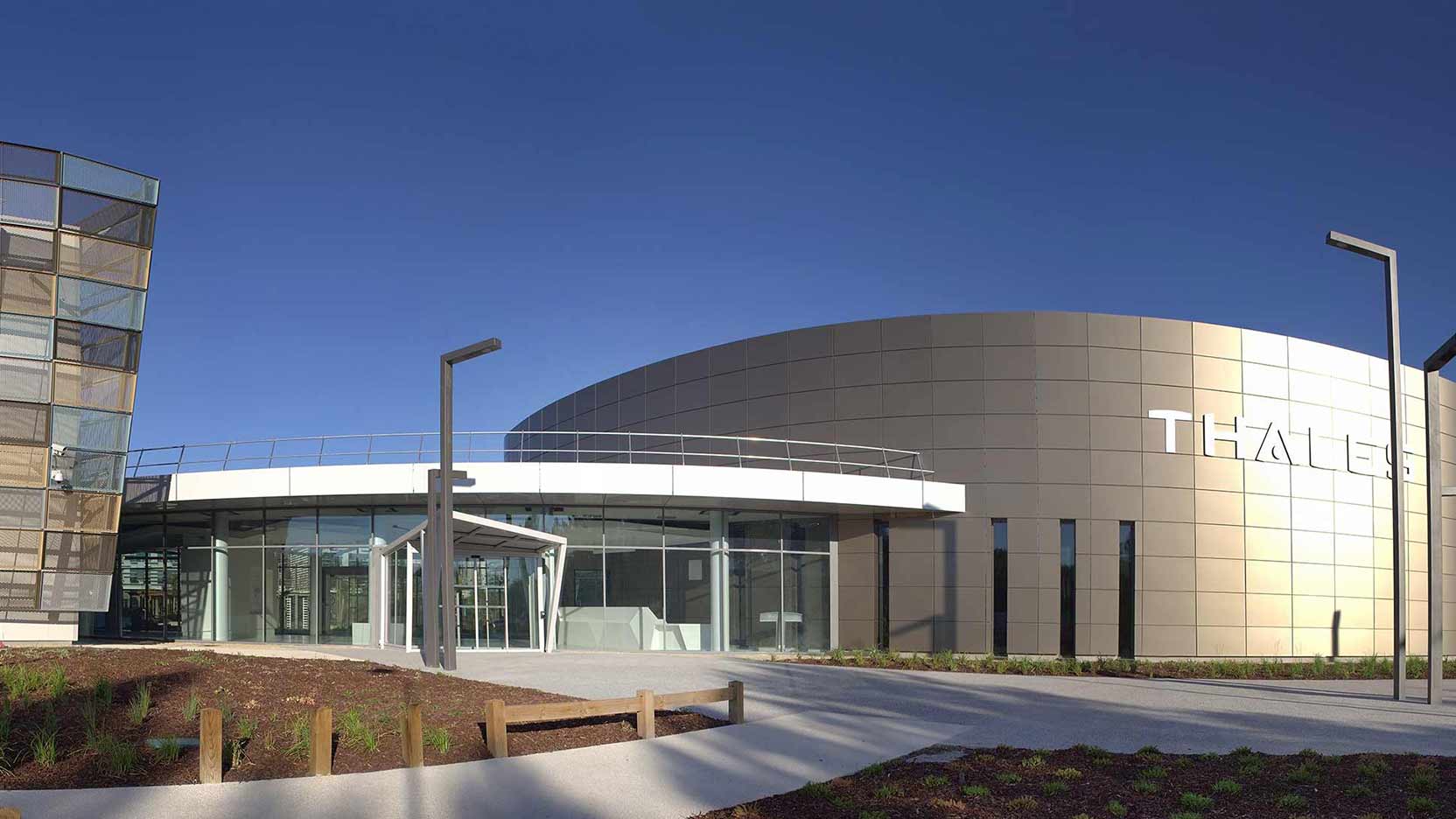In the centre of Bordeaux, on the right bank of the Garonne, on three hectares of former military wasteland stands Darwin, an ecological, responsible laboratory that houses coworking spaces, companies, associations, retail shops and restaurants. A look at an unusual urban, economic and social experiment.
Who would have imagined that a disused barracks would one day house shared offices, meeting rooms, responsible shops, collaborative repair workshops and the largest organic restaurant in France? Darwin, an innovative, environmentally friendly venue in Bordeaux, has succeeded in creating a true ecosystem where businesses and players in the non-market economy gather under the same roof. “Today Darwin is frequented by more than 2000 people a day. There are over 200 businesses, a business incubator, and some 30 associations,” says Jean-Marc Gancille, the co-founder of Darwin and the Evolution Group’s director of ecological transition. “We also house artistic projects, activities based on the green and creative economy, and a skateboard park. All this enriches our ecosystem.” The companies set up in Darwin represent a wide spectrum of activities, ranging from consultancy firms, communication agencies and architectural firms to start-ups in the sustainable development sector.
A green ecosystem
This atypical place stemmed from a shared desire to create a space in which to assemble and lead innovative initiatives, a space driven by environmental friendliness and collaboration. At Darwin, 20 types of waste are recycled, and the circular economy, composting and urban agriculture are encouraged. “We are entrepreneurs and activists at the same time! Here we produce five times less greenhouse gases than if we were in traditional offices,” says Gancille. Darwin produces part of its energy by means of a photovoltaic roof, and puts into practice the NégaWatt approach. To consume the least possible amount of energy, lights switch off automatically at a certain time, and energy efficiency and recovery of renewable energy are among the top priorities. Darwin was indeed for a long time the biggest client in France of Enercoop, a civic cooperative that supplies 100% green energy “The principle of Négawatt can apply to other areas, such as commuting,” says Gancille. “We encourage biking, carpooling and car sharing, alternatives to the all-car mode. The idea is to bring our entire community on board this philosophy,” And according to a survey conducted in May 2015, these good practices are contagious: close to 70% of “Darwinians” – the nickname given to regular visitors and residents – say that they export the eco-gestures they have learnt in the office.
Philosophy of adaptation
The development and management of this rapidly expanding project are handled by the group Evolution. “The management is private and receives practically no subsidies, which is rare,” says Gancille. “Ever since Darwin was founded, our philosophy has been adaptation. In the face of climate change or new ways of working, we must adapt!” This explains the name given to the facility. In his famous theory of evolution, Charles Darwin proved that the species that resist the best are those that have adapted to external conditions. His approach is put into practice every day by the people involved in this project.
Today this ecosystem fascinates property developers. “It’s unprecedented, so many of them try to understand how it functions. We think that players in the field are the ones that can meet the challenges of sustainable development, because they know the territory and its needs. Others shouldn’t make a carbon copy of the Darwin model — copy-paste never works – but they can draw inspiration from our practices.”
Darwin hopes to contaminate the city with its innovative, ecological practices. A year ago its co-founders wrote an opinion piece in the newspaper Libération describing the sustainable city – a city reconciled with the environment, where creative alternatives showing solidarity flourish. Darwin has become one of Bordeaux’s major cultural venues for conferences and concerts. In September it is hosting Ocean Climax, a festival organized to raise awareness of climate change and climate justice.
By Usbek & Rica
Header : © Darwin



